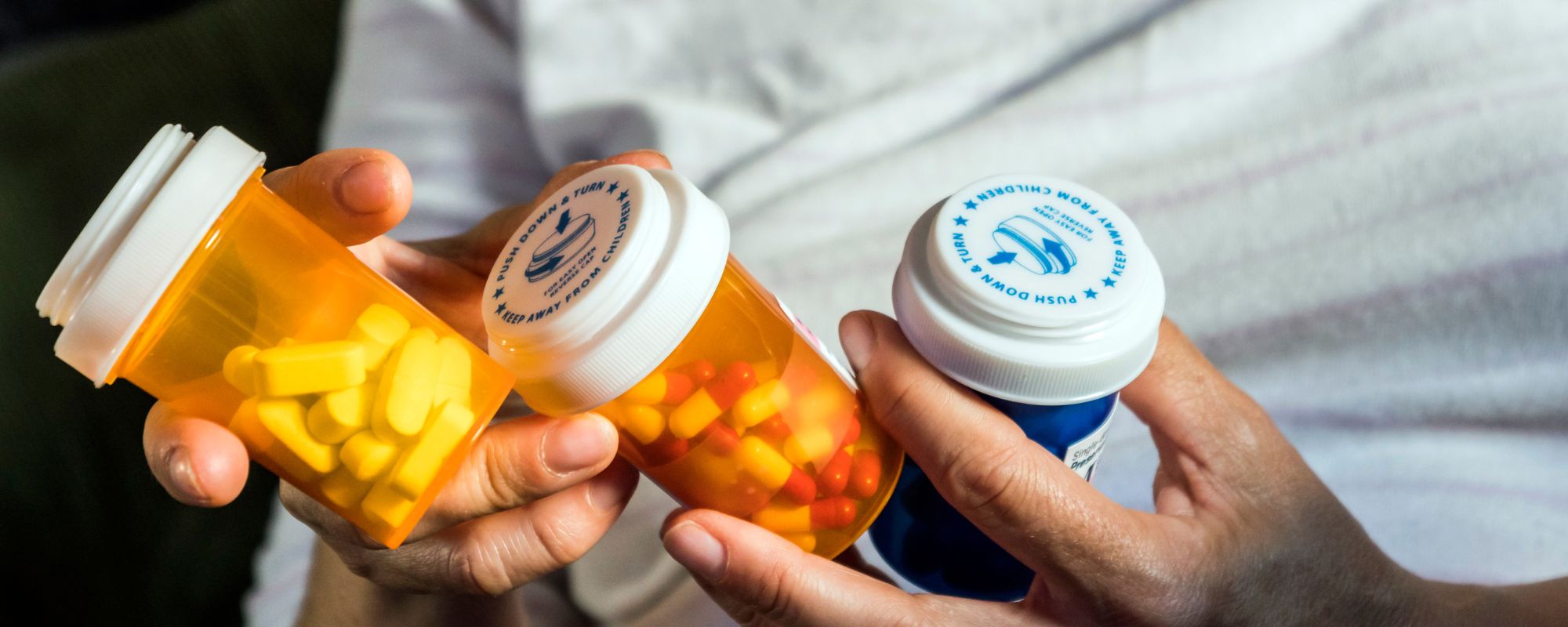In a world of social distancing and months of quarantine, telehealth has gone from an interesting innovation to a primary method of medical care. Nearly overnight, offices closed their doors and rescheduled all of their appointments to be remote. This shift in process may be a bit overwhelming or confusing for some, while being an enormous benefit for others. As time goes on and we flatten the curve, it is unclear if telehealth will continue to be the new normal or if things will return to where they once were. Let’s take some time to learn more about telehealth and what made it the right choice for a world suffering through a pandemic.
What is Telehealth?
Telehealth, as the name suggests, is a system in which you utilize communication technology such as your phone, computer, or other device to meet with your doctor remotely. This may include phone calls, Zoom or Skype meetings, and in some cases even texting. As the threat of illness from COVID-19 amplified throughout our country, telehealth went from a neat perk that some doctors offer to nearly mandatory across all systems.
Why Telehealth?
Telehealth and telemedicine are convenient, safe, and innovative ways to connect with your medical providers during uncertain times. Outside of quarantine, telehealth procedures are beneficial for individuals with limited mobility or those who live in very rural areas. Patients who are older, in wheelchairs or unable to leave their homes are now able to see their doctors via video calls. Men and women living miles from a major city can get their regular check-ups, have therapy sessions or refill prescriptions without the need for hours of travel. It is also a great solution for when you wake up in the middle of the night feeling terrible. For a regular cold, throat infection or upper respiratory, it allows for the patient to not risk infecting other patients when they go to the office, when all they may need is some antibiotics.
In truth, telemedicine is not going to replace emergency situations, dentist visits or hands-on necessities. However, it is an incredible step forward in the future of medicine. The current need for social distancing has propelled the evolution of telemedicine to a level of convenience it may not have gotten to otherwise. There are fantastic apps and portals now available that will ease the user’s entry into telehealth.
Pros and Cons of Virtual Healthcare
As we explore the technological advance of remote healthcare, let’s take a look at the facts in a simple format. Ortholive provides even more details about the benefits of telehealth for both patients and doctors.
Pros of Telehealth
- Time efficiency: When you are in need of medical care, or a regular routine check up, your schedule is going to be disrupted. Most doctor’s offices are only open Monday-Friday with standard business hours. For someone working during those hours, that means you are going to have to miss some time at work. That time period is extended based not only on travel to and from the office, but then sitting in the waiting room for your name to be called. With telehealth, you can schedule a meeting or phone call in advance, and then simply step outside your office for your appointment. On average, this saves hours of time per year in travel and waiting. It also greatly reduces the impact on your schedule.
- Saving Money: When you think about the above point, you should also consider how much money is being saved on travel and missed work. Telehealth makes everything cheaper for both patients as well as practitioners.
- Efficient Record Keeping: With so many great apps and programs emerging for telehealth, many of them also store patient information and records for ease of use. Diabetic patients, for example, can put in their food logs, blood sugar levels, and medications that a nurse can then review and respond to electronically. All at the speed of convenience!
Cons of Telehealth
- Limitations: Of course, there are limitations. Some state insurance companies are still finalizing how they will pay for or provide benefits for telemedicine and health. This may lead to hiccups in treatment. Though it is fantastic for people who live in distant, rural areas, people who do not have good access to mobile service or internet may not be able to take advantage.:
- Potential for Abuse: Though there is always a potential for abuse in any circumstance, the risk of doctor shopping and getting multiple prescriptions with the convenience of telehealth is present. It is a note that experts have raised as cause for concern. It should also be considered that there is an increased opportunity for more frequent communication. With telehealth being so easy, a patient may contact their doctor or provider at even the slightest discomfort, rather than taking a moment to sort things out themselves.
- Won’t work for Everything: Not necessarily a con, but telehealth is not to be a replacement for traditional healthcare and medicine. It is a supplement. There will be many issues that cannot be solved with a phone call. It has its place, especially during quarantine, but is by no means the final evolution of medicine.
Telehealth and Medication
Telehealth provides an easy solution for ongoing medication management. Through the use of stored information and apps, doctors can see a profile of your health as well as the medications you need or are currently taking. This allows them to keep accurate records and update you virtually. As we’ve already talked about, telemedicine is all about convenience. Consider a patient who takes long-term antidepressants or anxiety medication. Every 1-3 months, they must check in with their psychiatrist to get a refill. This is travel time and time away from work, for what usually equates to a ten-minute conversation. With telemedicine, you can cut all of that out and have a simple phone call with your doctor if all you need is a refill. Since your records and files are electronically stored, the nurses can then send your prescription right to your pharmacy for you to pick up at your convenience.
Telehealth and Therapy
Mental health has become a fantastic advocate for remote practice. With the ability to speak to clients around the country at any time, without having to worry about office visits, therapists can help more people than ever before. While the inability to perceive facial cues and nonverbal communication can sometimes be a hindrance, the benefits of helping homebound or distant patients have proven to be a welcome change. Many men and women prefer this method of communication to traditional face-to-face. Others may have moved or relocated, but are now able to still connect with the doctors with they have formed trust. There are even services now that have 24/7 texting features that will connect you with someone if all you need is someone to talk to.
Telehealth and Recovery
For those of us in recovery, telehealth has you covered. Quarantine fatigue has had a pretty serious impact on many, especially individuals who need the community to keep themselves positive. For this reason, many support groups, such as Alcoholics Anonymous, now have virtual meetings that people can attend. As we have said in many other posts, therapy is another great resource for staying sober and keeping yourself strong. With resources such as online groups and virtual counseling, many recovery-minded individuals are turning to telemedicine to ease their stressors.
As time goes on and life begins to return to normal, it would be interesting to see if telemedicine continues to be as popular. Will many men and women abandon in-person human connection in favor of convenience? Let us know what you think.
Reach Out
If you or a loved one has a dependency or addiction to any substance, please reach out to us about your detox and treatment options. Royal Life Centers’ admissions staff is available 24/7 to answer your questions and address your concerns. Feel free to call or fill out our free, secure contact form for more information. Because We Care.












